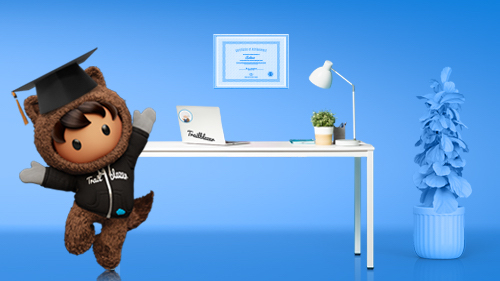
Get your FREE 30-day trial.
Please complete all fields.
Today, it’s easy to be a bit cynical. It’s just the way things are. There is a wonderful cure for cynicism, though. Start hanging around with passionate entrepreneurs and small business owners, and prepare for a brand new outlook. Working at Inc. magazine, I have the great pleasure and honor of meeting so many of them, hearing their stories, and sharing their dreams.
What I’ve learned is that there is no single path to success, no simple formula for getting it done. I am always in awe of people willing to put their hearts, souls and yes, even their financial security behind an idea.
While no two entrepreneurial stories are exactly the same, the most successful tend to share some common traits. They are not just smart. They are driven. They are optimistic, off-the-charts optimistic, in fact. When they face adversity, they stand up to it and find ways to get back on their feet.
I recently had the immense pleasure of being introduced to five extraordinary entrepreneurs as a result of this ebook. Chosen from more than 1,500 entries, they were the finalists in the Salesforce “Small Business, Big Impact” contest.
Salesforce wasn’t just looking to honor successful businesses. It wanted to honor companies that had solid business models, as well as compelling missions. The five finalists’ business models couldn’t have been more divergent, but they all shared the conviction to make the world a better place.
Let me introduce you to them.
Michal Alter, founder of Visit.org, learned that travel was an incredible way to meet people of different cultures and backgrounds. Such experiences opened her eyes and heart to new people and new ways of seeing the world.
The entrepreneur in her wanted to create a business that would simplify the process of uniting travels with local guides, restaurants, craftspeople and performers. Knowing that not everyone has the luxury of taking month-long vacations, she decided to create a business that offered travelers with limited time a way to meet locals and have the kinds of experiences she enjoyed in her travels.
The business is a win-win-win. Alter profits from a booking fee. Travelers profit from the experiences. Finally, local guides, restaurants, craftspeople and performers profit financially from their interactions with the visitors.
August Graube had a not-so-modest goal: change the way kids play. Saddened by seeing so many children with their faces buried in video games, social media channels and other digital-based distractions, Graube created Fort Boards.
Fort Boards is like Legos on steroids. Each large board piece can be connected in myriad ways to create whatever a child’s imagination can fuel. From their own spaceships to castles, Fort Boards allows them to build it.
To get some insights into Graube’s entrepreneurial spirit, think about this: It took 165 design variations and 14 month before he was satisfied with the final product.
That brings us to Victor Mateevitsi, founder of Infinity Labs and creator of SpiderSense. Mateevitsi left behind his family in Greece to work on a PhD focusing on the intersection of technology and humanity.
Working towards his thesis project, Mateevitsi developed sensor-enabled jackets that could sense when there were objects near and distinguish just how close those objects were. Blindfolded subjects could navigate their way around the room and other people just by “listening” to what the sensors were telling them.
What began as a fun experiment, evolved into SpiderSense, a device that can help the blind to navigate in the world and help firefighters, police and soldiers to “see” in low-visibility environments.
How about Vic Wintress? A serial entrepreneur who didn’t have to work another day in his life, inspiration struck him seemingly out of nowhere: why not start teaching kids Java as early as fifth grade and give them the tools to land six-figure jobs as programmers without ever having to go to college?
Wintress founded The League of Amazing Programmers to accomplish just that. Students’ success rate is a whopping 92 percent. The League of Amazing Programmers is also busting tech-related stereotypes and specifically targets students from disadvantaged backgrounds, many of whom are girls.
An inspiring twist? Wintress didn’t even know how to program Java when he got the idea.
Finally, Jennifer Alexander Monzón used her entrepreneurial mindset that created a business based on the idea of incorporating her two great passions: helping the children of the world reach their full potential and bringing some of the best coffee in the world to a wide audience.
The business model is a simple one. For every bag of Guatemalan coffee sold, Chapín Coffee provides meals to Guatemalan children who would otherwise suffer from malnutrition.
Monzón makes a point to work with locals in Guatemala not just for sourcing coffee, but to find local artisans to produce the packaging for the coffee. To get inside the head of this tireless and committed entrepreneur, consider this: when selecting the right roaster for the coffee beans, Monzón conducted 150 interviews.
Though I’ve been around entrepreneurs for decades, I learned something from each and every one of these finalists. The main lesson for me? It’s much easier to complain about the state of things than it is to go out into the world and really try to make a difference.
So trailblazers and difference-makers, I salute you.
To learn more about these amazing entrepreneurs, read the Salesforce ebook, Five Trailblazers, Five Different Paths.
About the Author
Jon Gelberg is the Executive Editor, Content Strategies at Inc. Media